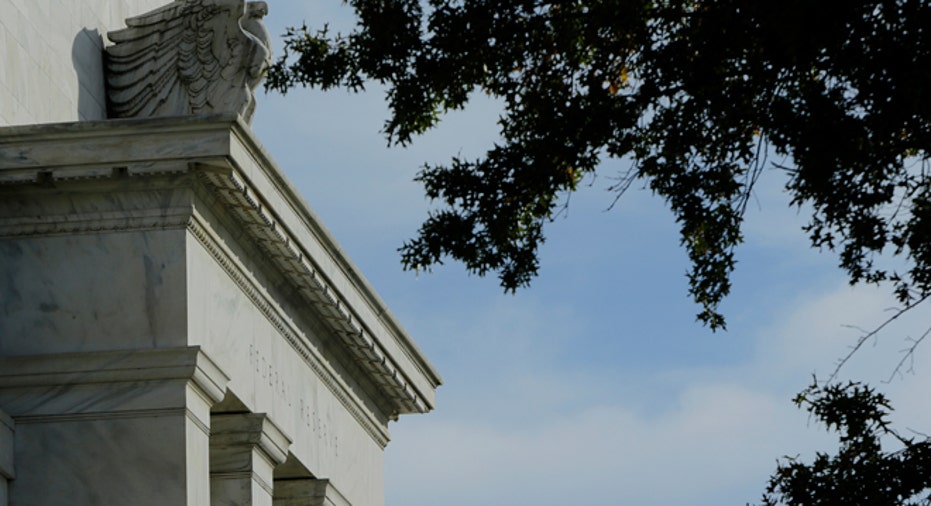Fed's Dudley: Rate-Hike Timing Unclear in Light of Recent Weakness

The timing of U.S. interest rate hikes are uncertain and the Federal Reserve must watch that the surprising recent weakness in the U.S. economy does not foreshadow a more substantial slowdown, an influential Fed official said on Monday.
New York Fed President William Dudley said the weak March jobs report released last Friday, as well as softer than expected manufacturing and retail sales in recent months, likely reflected "temporary factors to a significant degree," including the harsh winter in much of the United States.
But, in relatively dovish remarks to a business audience in Newark, New Jersey, he said the central bank will need to "determine whether the softness in the March labor market report evident on Friday foreshadows a more substantial slowing in the labor market than I currently anticipate."
U.S. jobs growth, which has been a lone bright spot in the economy, slowed sharply last month. It reinforced the notion the Fed would delay an initial rate hike until later in 2015.
Dudley, a permanent voting member of the Fed's policy panel and a close ally of Fed Chair Janet Yellen, repeated that the hike would come once the labor market improves more and when policymakers are reasonably confident that low inflation will return to a 2 percent goal.
"The timing of normalization will be data dependent and remains uncertain because the future evolution of the economy cannot be fully anticipated," he said, adding he expects the path of rate hikes to be "relatively shallow."
The first quarter was "quite weak" with only about 1 percent GDP growth, but that should pick up to above 2 percent for 2015 as a whole, he said. Unemployment, at 5.5 percent, should drop to close to 5 percent by year end, with wage growth picking up, he predicted.
But there are risks to this outlook, Dudley added. Low oil prices and the drop in domestic industry activity will exert a "meaningful drag" on U.S. economic activity, he said, while the high dollar will continue to pressure import prices.
(Reporting by Jonathan Spicer; Editing by Chizu Nomiyama)



















